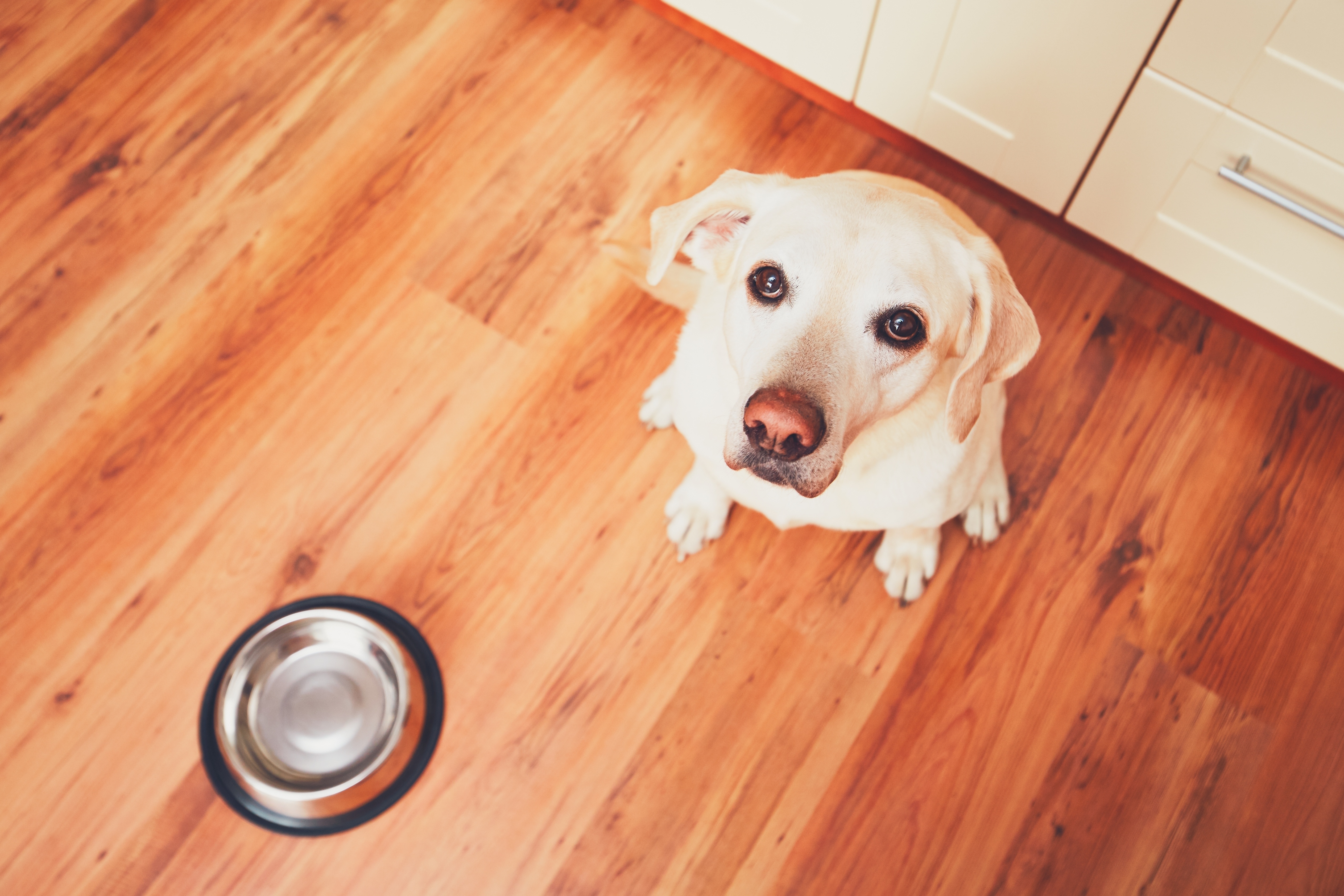CAN EATING A RAW DIET HELP PETS WITH PANCREATITIS?
November 28, 2018
What is pancreatitis?
Inflammation of the pancreas, or pancreatitis, can be a life-changing condition. As the initial symptoms of this disease can often be overlooked as something less serious, it’s important for pet parents to be aware of the signs and symptoms of pancreatitis.
What does a pancreas do, anyway? This little organ produces digestive enzymes and insulin. When the pancreas is functioning normally, these critical enzymes travel to the small intestine after they’re produced, aiding in digestion. When the pancreas is inflamed, enzymes are released before they have a chance to get to the small intestine, causing inflammation to the pancreas and surrounding area. These digestive enzymes can also begin to digest the pancreas itself, resulting in extreme discomfort.

There are two types of pancreatitis: acute pancreatitis and chronic pancreatitis. Acute pancreatitis comes on quickly, often without exhibiting any previous symptoms. Unlike acute pancreatitis, chronic pancreatitis develops slowly over time. Chronic pancreatitis can occur after multiple events of acute pancreatitis.
Signs of pancreatitis can include:
- Loss of appetite
- Repeated vomiting
- Chronic diarrhea
- Swollen abdomen
- Abdominal pain
- Lethargy
- Fever
If you notice your pet has one or more of these symptoms, keep a close eye on them. If these symptoms persist, bring your pet to the vet.
What causes pancreatitis?
Pancreatitis can be caused by a high-fat diet, obesity, hypothyroidism, trauma to the pancreas, and certain medications. Pancreatitis can also be triggered by consuming large amounts of fatty foods at one time, like giving your pet leftovers from a holiday meal. We know it’s hard to resist those big, adorable eyes, but you and your pet will be thankful you did! Some vets believe diets high in carbohydrates and sugar (like processed kibble) overstress the pancreas, which can deplete its enzyme reserves and result in an increased risk of pancreatitis.
Can you feed your pet a raw diet if they have pancreatitis?
Yes! Raw food is highly digestible and contains naturally occurring enzymes which help your pet breakdown and properly absorb nutrients. Selecting a protein that’s naturally leaner, such as turkey, rabbit or kangaroo, will also help limit the amount of fat your pet ingests.
Feeding your pet heavily processed grains, meat by-products, carbohydrates, sugars and fillers often found in kibble forces their digestive system to breakdown foods it was not designed to handle. As a result, their system needs to work even harder to digest this type of food. Raw diets are naturally easier for dogs and cats to digest as they evolved to absorb nearly all of their nutrition and energy from raw meat.

Are there ways to help prevent pancreatitis?
Avoiding foods and treats high in fat, frequent exercise, and providing your pet with an easily digestible, species-appropriate diet can help prevent pancreatitis. Our formulas are always made with human grade, high-quality proteins and do not contain sugary vegetables or carbs which are difficult for dogs and cats to digest. If you’re searching for leaner menu items for your furry friend, our Original Kangaroo, Original Turkey, and Original Rabbit are fantastic low-fat options.
We work alongside holistic and integrative veterinarians to develop the right diet plan for your pet. If you have any questions about feeding your pet a raw diet or how a raw diet can benefit a pet with pancreatitis, get in touch with us at 905 714 9698 or email us at support@ironwillrawdogfood.com.




